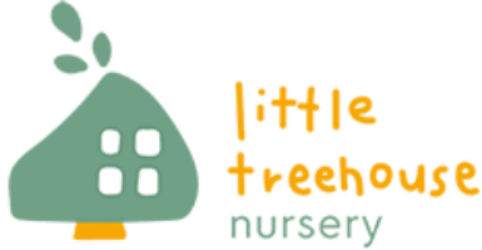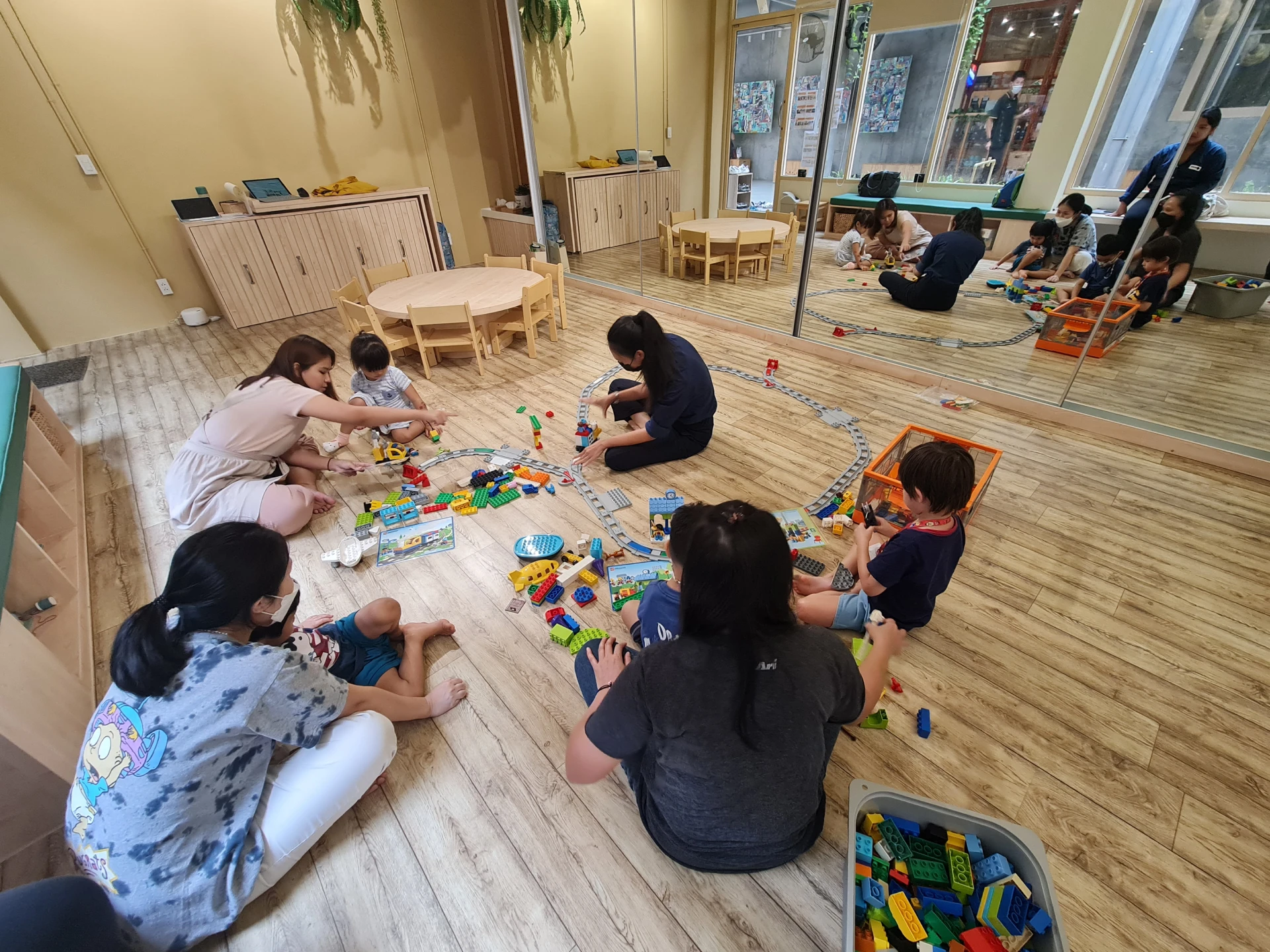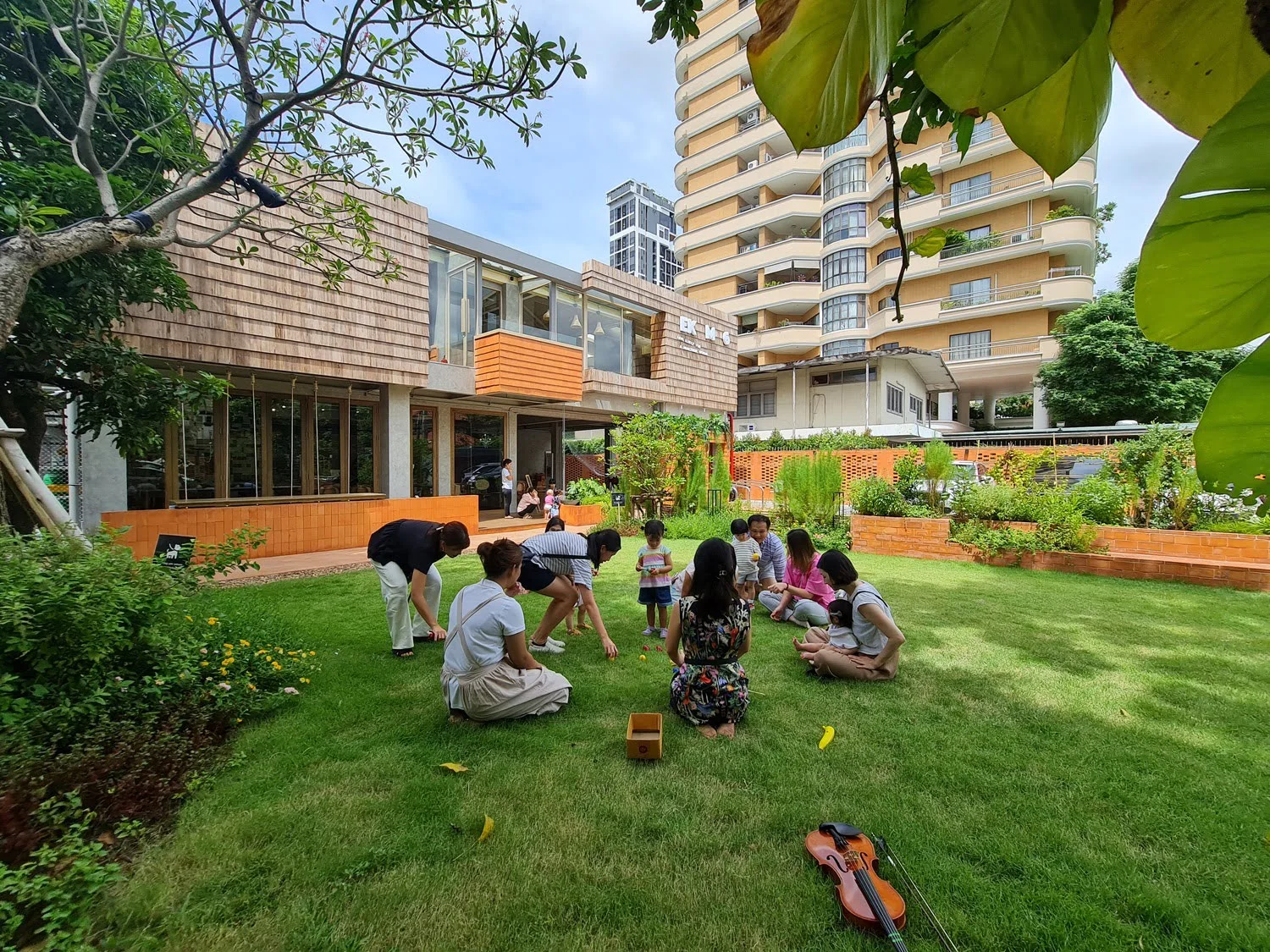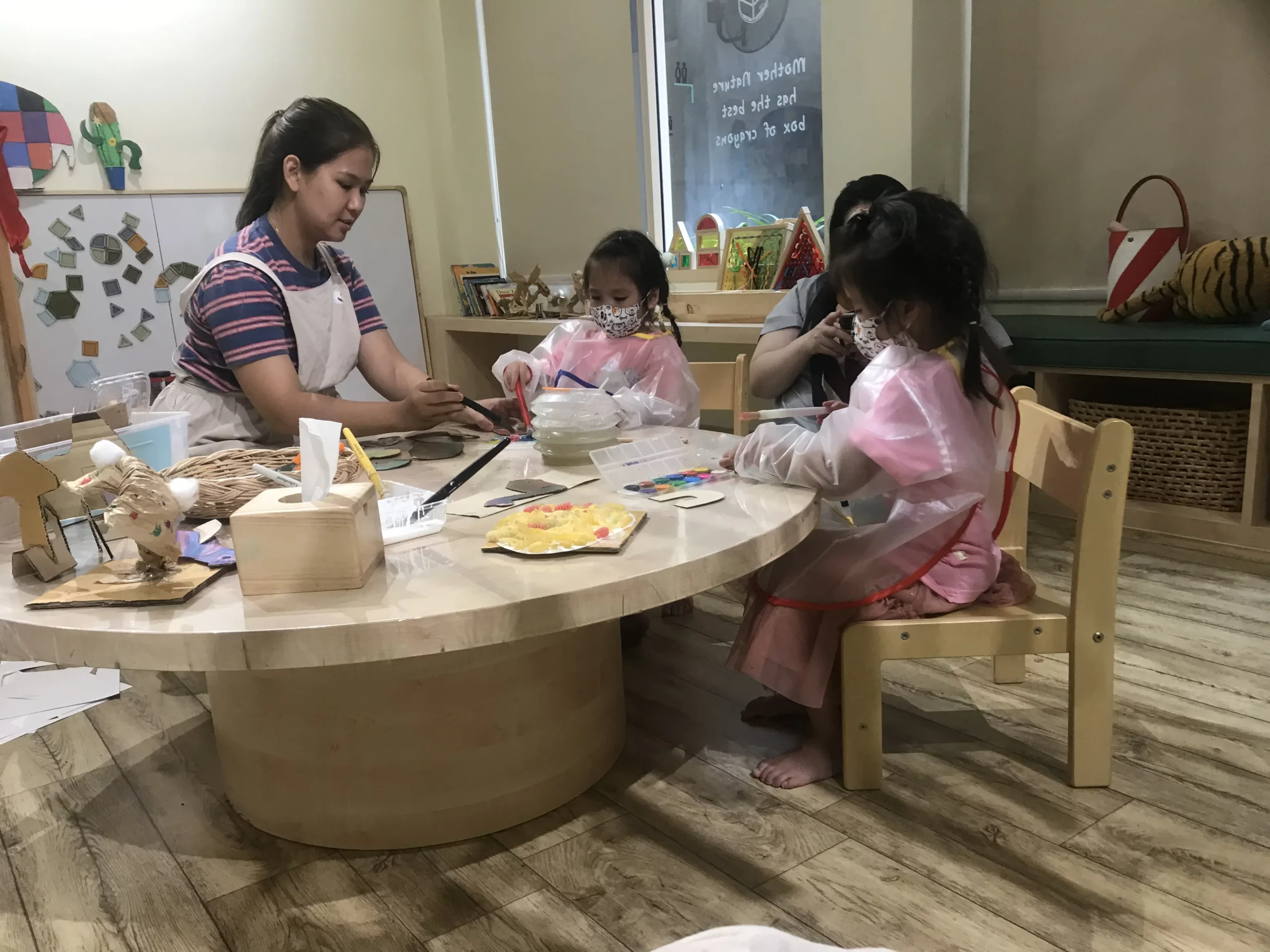As parents, we all want the best for our children, and one of the most important decisions we make is where to begin their education. Early childhood education plays a crucial role in shaping a child’s cognitive, social, and emotional development. In Bangkok, many families are turning to international schools in Thong Lor and other reputable preschools to ensure their little ones receive the best possible start.
Why Early Childhood Education is Important
- Builds strong cognitive and social skills
- Encourages curiosity and a love for learning
- Prepares children for primary school
How Preschools in Bangkok Support Early Learning
Preschools and kindergartens in international schools in Bangkok like Little Treehouse Nursery focus on interactive and play-based learning. This method helps children develop problem-solving skills, language abilities, and social confidence in a nurturing environment.
Choosing the Right Preschool in Bangkok
When selecting a preschool or kindergarten, consider:
✅ Curriculum & teaching approach
✅ Teacher qualifications
✅ Safe and stimulating learning environment
Conclusion
Investing in early childhood education is one of the best decisions parents can make. Whether you choose a kindergarten in Thong Lor or a preschool in Bangkok, giving your child a strong foundation will set them up for future success.
FAQs
Early childhood is a crucial period for brain development, social skills, and emotional growth. The experiences and learning opportunities during these years shape a child’s cognitive abilities, behavior, and future success.
The early years lay the foundation for a child’s lifelong learning, health, and emotional well-being. A nurturing and stimulating environment help develop essential skills such as communication, problem-solving, and social interaction.
A supportive and loving environment is the most important factor in early childhood. Children need strong relationships, engaging learning experiences, and emotional security to build confidence and resilience.
Child development refers to the physical, cognitive, social, and emotional growth of a child from birth to adulthood. It matters because early experiences significantly impact a child’s ability to learn, interact, and thrive in life.
With rapid advancements in technology and society, early childhood education helps equip children with the skills needed to succeed in a fast-changing world. It also supports brain development, emotional intelligence, and adaptability, which are essential in today’s globalized society.
The most important task of early childhood is to develop essential life skills such as communication, emotional regulation, and problem-solving. These skills create a strong foundation for learning, social relationships, and overall well-being.
Early childhood theory provides educators and caregivers with a deeper understanding of how children grow and learn. It helps guide effective teaching methods, curriculum design, and parenting strategies to support optimal development.
The first three years of life are critical as they shape a child’s brain architecture, social skills, and emotional resilience. During this time, children form attachments, develop language, and build the foundations for future learning and behavior.
Early childhood typically refers to the period from birth to around 8 years old, covering infancy, toddlerhood, preschool, and early elementary years. It is a crucial phase for cognitive, emotional, and social development.
Social-emotional development is one of the most important aspects of early childhood, as it affects a child’s ability to form relationships, manage emotions, and interact with the world. It plays a vital role in shaping their confidence, resilience, and future success.




Leave a reply